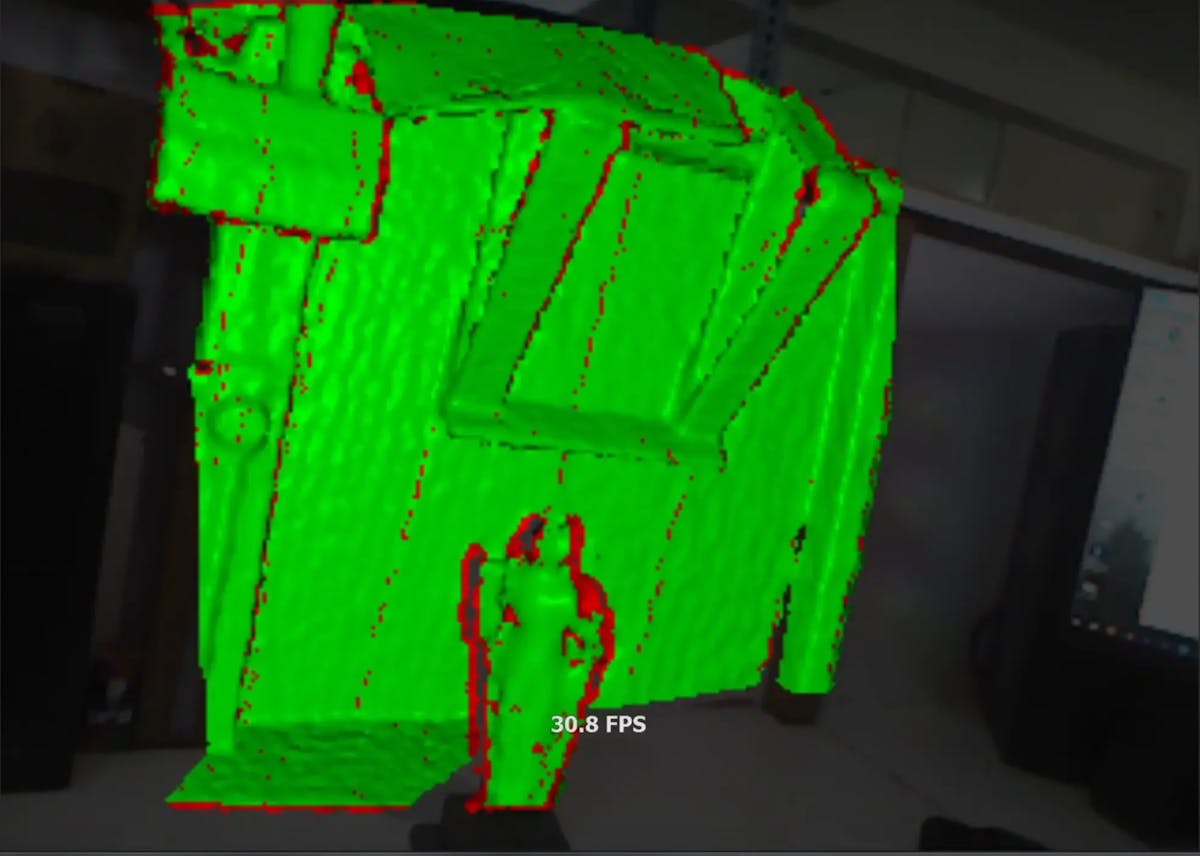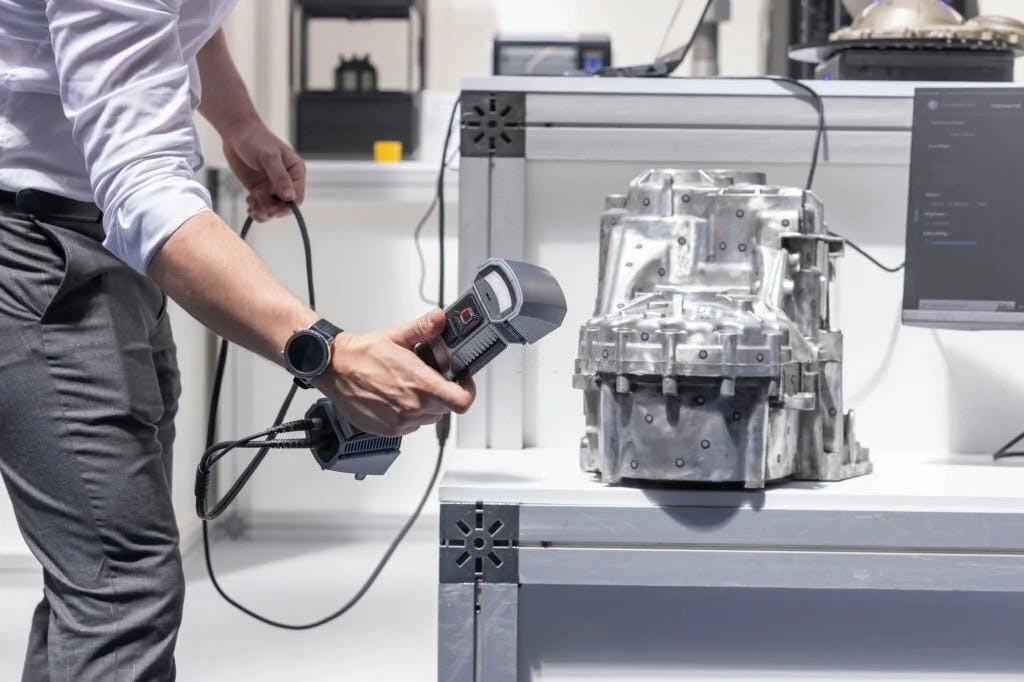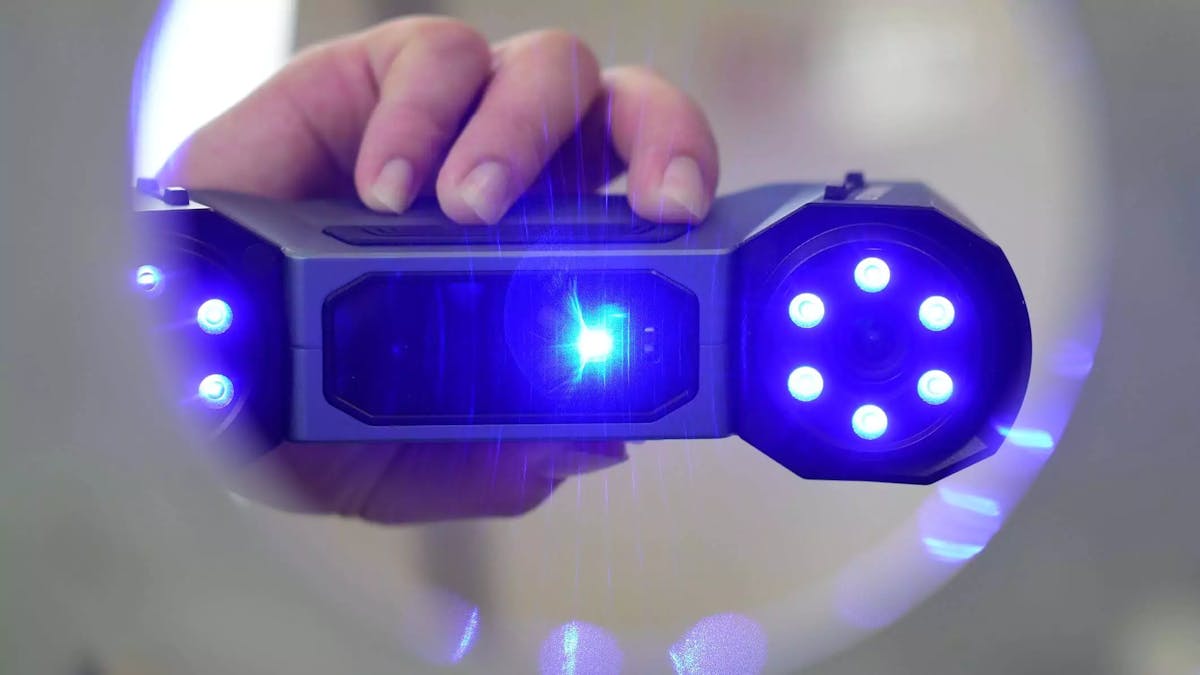
3D Scanners - Why Expertise Matters in Digital Replication
Introduction
3D Scanners are transformative devices that bring real-world objects into the digital realm. While they might seem similar to advanced paper scanners, the intricacies involved in converting tangible objects into computer designs are far more complex. These designs, once digitized, open up a world of possibilities. But, as with all technologies, there's a steep learning curve and numerous pitfalls.
The surge in 3D scanning's popularity is evident. Modern devices, with their state-of-the-art features, have revolutionized industries like reverse engineering and medicine. They're invaluable for enhancing or recreating designs, especially when original CAD or STL files are absent. But, mastering this technology isn't easy. That's where our expertise comes in. Dive into our other blog articles for more on 3D printing and product design.

The Complex World of 3D Scanners
3D scanners come in various types and form factors:
- Laser & IR Scanners: While these are the primary categories, hybrid devices combine both.
- Form Factors: From enclosed units to handheld devices, the choices are vast.
Some might argue that recent smartphones, like the iPhone 14 Pro series, with LIDAR capabilities, can handle 3D scans. However, the results often fall short of professional standards. While consumer-grade scanners might seem tempting, achieving optimal results requires expertise.
Consumer-Grade vs. Professional Scanners:
Einstar 3D Scanner by Shining3D: A handheld device, affordable but requires a skilled hand for best results.
Mini by Revopoint: Compact and user-friendly, but mastering its potential is a challenge.
When scanning living entities, IR-based scanners are essential due to safety concerns. Laser scanners, though powerful, come with their own set of challenges, like the need for markers for precise tracking.
For unparalleled accuracy, meteorological scanners are the elite choice. The FreeScan Combo by Shining3D is one of the best scanners with a combination of both IR and laser for more possibilities. Their precision is unmatched, but they also demand a deep understanding to harness their full potential.

Challenges in 3D Scanning
Reflective Surfaces: Even with advanced devices, reflective materials, especially black ones, pose challenges. Solutions like white dusting powder and additional markers are not always foolproof.
Exposure Control: Bright environments can compromise scan quality, even with top-tier devices.
Mesh Issues: A ubiquitous concern, no scanner is entirely free from this issue.
Solution
At Mekuva, we've spent years mastering the art and science of 3D scanning. While the technology is accessible, achieving perfection requires a blend of experience, skill, and the right tools. Our dedicated team is trained to handle the nuances and challenges of 3D scanning, ensuring you get impeccable results every time.
Instead of navigating the complexities yourself, why not leverage our expertise? Equipped with the latest scanners and essential software, we're your one-stop solution for all 3D scanning needs. Reach out to us at contactus@mekuva.com, and our team will provide a solution tailored just for you, saving you time, effort, and potential pitfalls.